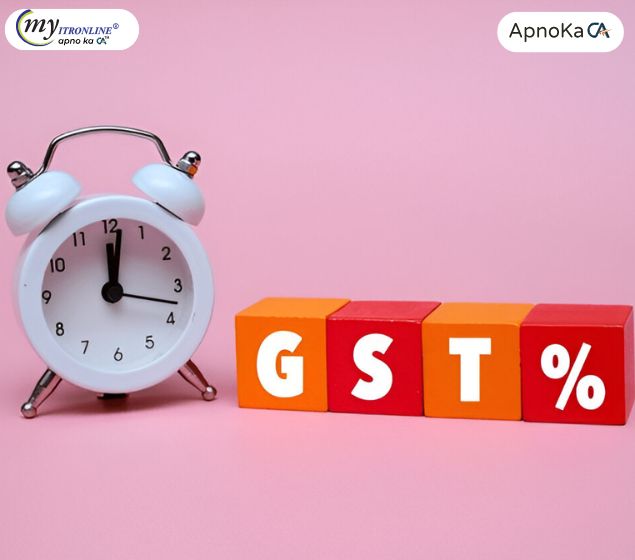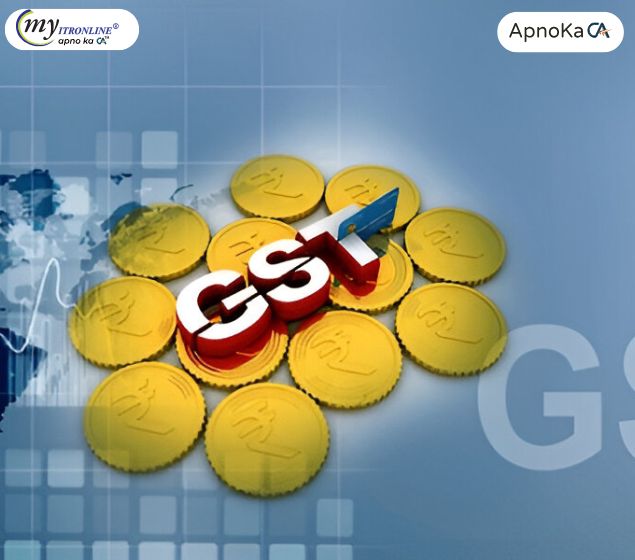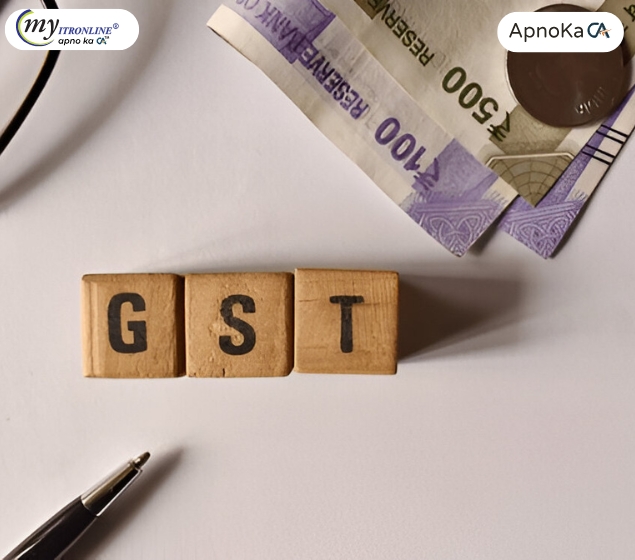# gstupdate
12 posts in `gstupdate` tag

GST Appeal Withdrawal Waiver Scheme: Key Advisory Details for Taxpayers
This blog post provides a detailed analysis of the recent GST Advisory concerning the Appeal Withdrawal Waiver Scheme. It explains the scheme's purpose, highlights the significance of the advisory, outlines the expected key points including eligibility and procedure, details the implications of withdrawal, and offers actionable steps for taxpayers considering this option to resolve pending GST disputes.

GST Registration Headaches? CBIC Unveils New Email Grievance Fix!
This blog post details the new email-based grievance redressal mechanism introduced by CBIC via Instruction No. 04/2025-GST (May 2, 2025). It addresses challenges like delays and improper queries during GST registration under Central Jurisdiction. Learn how to file grievances using dedicated Zonal email IDs, the required information (ARN, Jurisdiction, Issue details), handling of state cases, and the accountability via monthly reporting to DGGST.

CBIC Officially Notifies GST Appellate Tribunal (Procedure) Rules, 2025
The CBIC has notified the GST Appellate Tribunal (Procedure) Rules, 2025, effective April 24, 2025. These rules establish a detailed framework for the GSTAT, emphasizing mandatory e-filing via a dedicated portal, allowing hybrid hearings, and setting clear timelines. Key features aim to streamline GST dispute resolution, ensuring transparency, efficiency, and faster processing of appeals, thereby reducing the burden on High Courts and boosting taxpayer confidence.

What's New in GST Registration? Breakdown of the April 2025 CBIC Circular
This blog post details the updated GST registration guidelines issued by the CBIC on April 17, 2025. It explains the challenges faced by businesses, outlines the typical solutions introduced (like risk-based approaches, standardized procedures, and clearer rules for verification), discusses the anticipated benefits such as faster processing and reduced compliance burden, and advises businesses on navigating the new regulations effectively. The goal is to clarify how these changes aim to simplify the process and reduce harassment, thereby improving the ease of doing business in India.

Updated 18% GST Regulation for Hotel Dining (Room Tariff Exceeding 7,500): Comprehensive Guide for 2025
An in-depth examination of the new 18% GST regulation for restaurant services within hotels where room rates surpass 7,500 per day, set to take effect in April 2025. This includes an overview of classification guidelines, effects on consumers, implications for the industry, and the reasoning behind the government's decision.
.jpg)
GST Policy Updates (March 25–31, 2025): E-way Bill Tweaks & Compliance Changes
Dive into the most recent GST developments (from March 25th to March 31st, 2025), highlighting the increase in E-way Bill thresholds in Chhattisgarh, the CBIC’s reinforced compliance regulations, and the significant topics set for discussion at the GST Council meeting in April 2025. Ensure compliance with guidance from experts!
.jpg)
CGST Act 2017 Update: What’s New in Section 128A and Its Impact?
The CBIC's Notification 11/2025 brings significant modifications to Section 128A of the CGST Act, easing tax procedures for enterprises encountering extraordinary situations. This examination addresses the broader applicability, streamlined processes, and compliance implications.
.jpg)
GST Rules 42-43 Explained: How Interest Qualifies as Exempt Supply
This guide outlines how interest income is treated under GST as exempt supply according to Rules 42-43, addressing ITC effects, compliance obligations, and the implications for financial institutions.
.jpg)
New E-Invoice Rules: 30-Day Reporting Obligation for 10 Crore AATO - Important Details for Companies
This document details India's upcoming e-invoice reporting requirement that will take effect in April 2025 for companies with a turnover exceeding ₹10 crore over a 30-day period. It outlines the compliance obligations, necessary system modifications, and potential penalties for failing to comply.
.jpg)
Navigating the GST Waiver Program: An All-Inclusive Guide to SPL 01, SPL 02, DRC-03, and Frequently Encountered Problems
This blog offers a comprehensive overview of the GST Waiver Scheme, highlighting key forms such as SPL 01 and SPL 02, along with alternative payment options like DRC-03 and DRC-03A. It also discusses frequent technical challenges encountered on the GST portal and outlines significant deadlines for tax payments and waiver applications.
.jpg)
Mandatory ISD Registration Under GST from April 1, 2025: Who is Affected?
This blog offers a detailed examination of the compulsory ISD registration under GST, which begins on April 1, 2025. It discusses the importance, the registration procedure, and the effects on businesses. Keep yourself updated and compliant with this thorough guide.
.jpg)
GST Compliance Checklist: 9 Key Tasks to Finish Before March 31, 2025
This blog lists the nine essential GST compliances that companies need to finish by March 31, 2025, in order to stay out of trouble and maintain seamless operations. Learn how to stay in compliance and keep correct financial records, from LUT reporting and GSTR-9 filing to e-invoicing and ITC reversal.
